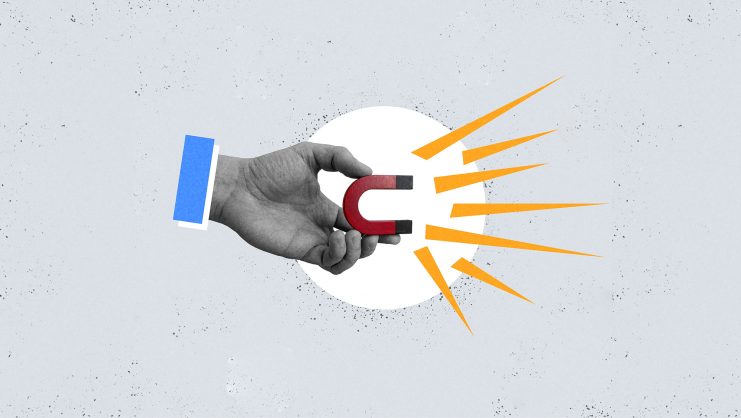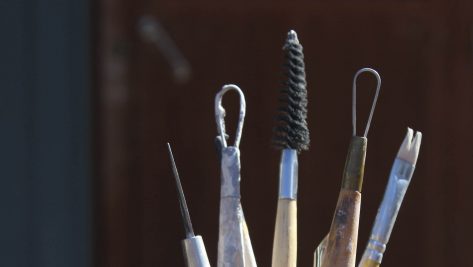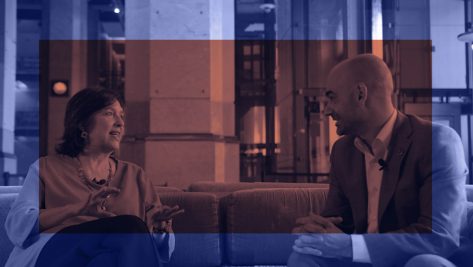Juan Pedro Gómez: In practice, many organizations have a long way to go in terms of integrating the LGBT community. How does Gilead approach the issue of inclusion?
Alex Kalomparis: We believe that the integration of the LGBT community—both externally and internally—is fundamental, although in this regard we are somewhat atypical in the business world. Gilead is a pharmaceutical and biotechnology company. Much of our business is based on HIV and hepatitis C drugs. Unfortunately, one of the communities most affected by these diseases is the LGBT community, so our awareness of this key group has always been fundamental. At a certain point, we had to ask ourselves whether this community’s importance to us in the external sense was reflected internally, within the ranks of the company itself. That’s when we detected the existence of a gap. We decided to launch an inclusion project by setting up an employee resource group (ERG) specifically targeting the LGBT community.
Juan Pedro Gómez: So, there was some sort of imbalance?
Alex Kalomparis: To a certain degree, yes. When I approached other company leaders about the need to create this ERG, they initially said that it wasn’t necessary in an organization like Gilead, which is open-minded and externally very dedicated to the LGBT community. But as we dug a little deeper, we realized that although this might be true for our offices in certain parts of Western Europe, was it the same in our Middle Eastern or Eastern European offices? We got our answer after we sent out the first memo about the creation of the ERG. We received a number of encouraging messages from professionals who supported the decision, which they viewed as a new channel for freely showing their true selves to their colleagues and superiors. What lesson did we learn from all this? Don’t get too smug, coasting along on something that only apparently works well. The only way to improve is to always go the extra mile.
Don’t get too smug, coasting along on something that only apparently works well.
Juan Pedro Gómez: What advice would you give to a company that wants to become more inclusive internally?
Alex Kalomparis: From my experience, I would suggest initiating a round of contacts with the company’s leaders to convince them of the need for this sort of program. Then open a dialogue with your professionals to find out what they think about creating an ERG of these characteristics, what their needs and expectations are, what objectives they would want to achieve, etc. At Gilead, this is how we got valuable feedback that pointed us in the right direction. We then enlisted the help of a specialized external company to put in place the necessary tools for the project.
Juan Pedro Gómez: How important is it to obtain the support of the company’s leaders from the outset?
Alex Kalomparis: It is essential to get them on board. Once the initiative has the support of the top brass, everything else starts to fall into place. If your message against discrimination and intolerance is clear and forceful, it will more easily permeate every level of the organization and enable you to overcome the obstacles and challenges that you will inevitably encounter along the way. For all these reasons, my first move was to convince the leaders of the need for this project.
Anyway, as I said before, Gilead’s situation is advantageous and forward-looking, starting with the fact that our headquarters are located just outside the progressive city of San Francisco. Our internal policies on gender and identity are light years ahead of many other companies.
Once the initiative has the support of the top brass, everything else starts to fall into place.
Juan Pedro Gómez: What challenges has Gilead encountered locally and how has it dealt with them?
Alex Kalomparis: Some people think that inclusion projects of this sort—for any group—lead to internal ghettos. To overcome these initial misgivings, Gilead appointed an ERG ambassador in each market to provide support, spread messages of inclusion, and drum up local enthusiasm.
Then there’s the fact that our CEO marched at the head of the San Francisco Pride Parade, which conveyed an image of enormous power and set an example for leaders in other regions.
Juan Pedro Gómez: Gilead cooperates with the Elton John AIDS Foundation and the Diana Award, among other organizations. What needs do these alliances satisfy?
Alex Kalomparis: Our customers—the people we serve at Gilead—not only face medical difficulties but also have to deal with a particular social context, which in many cases is plagued by attitudes of rejection and stigmatization. The alliances you mention seek precisely to alleviate this reality and drive social change.
© IE Insights.











